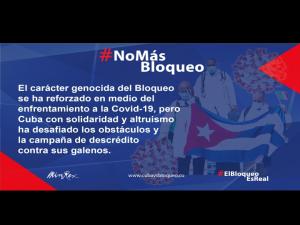
The economic damage suffered by the IT and communications sector, including telecommunication in Cuba from April 2019 to March 2020 because of the blockade is estimated to reach the amount of $64,274,042. Just as in previous years, the Cuban Telecommunication Company (ETECSA) is the entity that suffers that impact the most, registering 97% of the total losses.
The blockade is the main obstacle that hinders a better flow of information and a wider access to the Internet and to information and communication technologies (ICT) in Cuba. This set of policies has a negative impact on the development of communications in Cuba because it hampers and increases the price of connectivity in the nation, restricts the access to platforms and technologies, and uses the cyberspace to try and subvert the Cuban legal and political system.
The following are some of the most important problems registered in this sector:
ETECSA is not able to make interconnections with international operators in a direct way in USA territory, where the main interconnection nodes are located, that’s why the country is forced to extend the international network through nodes in the United Kingdom, Jamaica and Venezuela. That entails additional expenses that amount to $10,637,200.
As a consequence of the activation of Title III of the Helms-Burton Act, the company AMERICAN AIRLINES decided to stop direct postal services between the USA and Cuba. As a result, the Correos de Cuba Business Group (GECC) had to look for an alternative to ensure the Universal Postal Service in the nation’s territory and decided to direct it through Panama as the mediating country. That action increased the price of the fees, which represented $6,736 in losses for the Cuban postal operator.
On September 11, 2019, while the president of the Republic of Cuba, Miguel Díaz-Canel Bermúdez, provided information about the causes of the harsh situation that the country was going through concerning the electric power, Twitter blocked the official accounts of some of the country’s main informative media. The accounts of Mesa Redonda, Cubadebate, Granma, and the one of the Ministry of Communications and other Cuban media and journalists were among them. The goal of that action was to stop the spread of the President’s message on that digital platform and prevent debates and statements on that subject from happening among the users.
In addition to the impact of the blockade on the communications sector, in the context of the COVID-19 pandemic, Cuban representatives have had to face several difficulties to participate in meetings and other virtual events hosted by organizations of the United Nations System because Cuba is banned from accessing several digital platforms that are used for those events, as it is the case of Zoom and Microsoft Teams.
https://bit.ly/2FWv4Qo
A full report can be read following this link:
https://bit.ly/3knnSvk





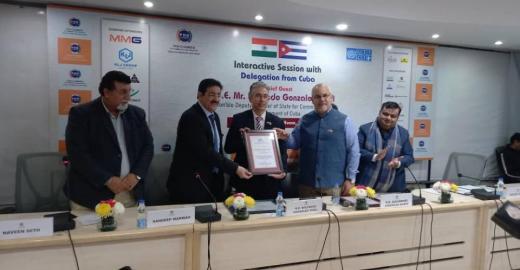

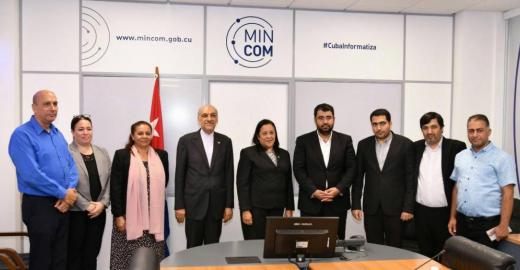





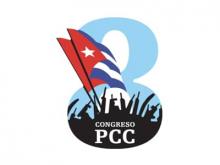
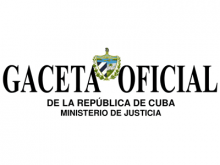
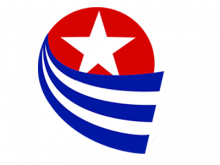
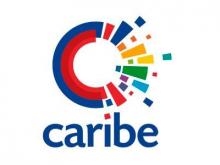
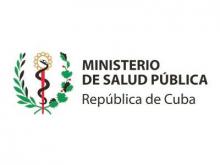

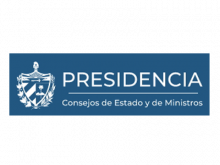

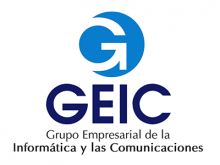
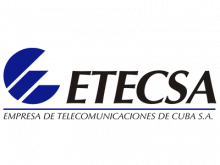
Publicar nuevo comentario